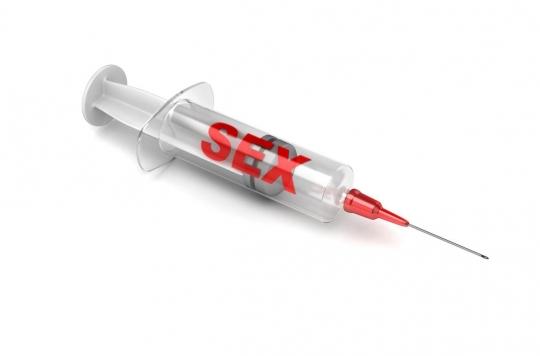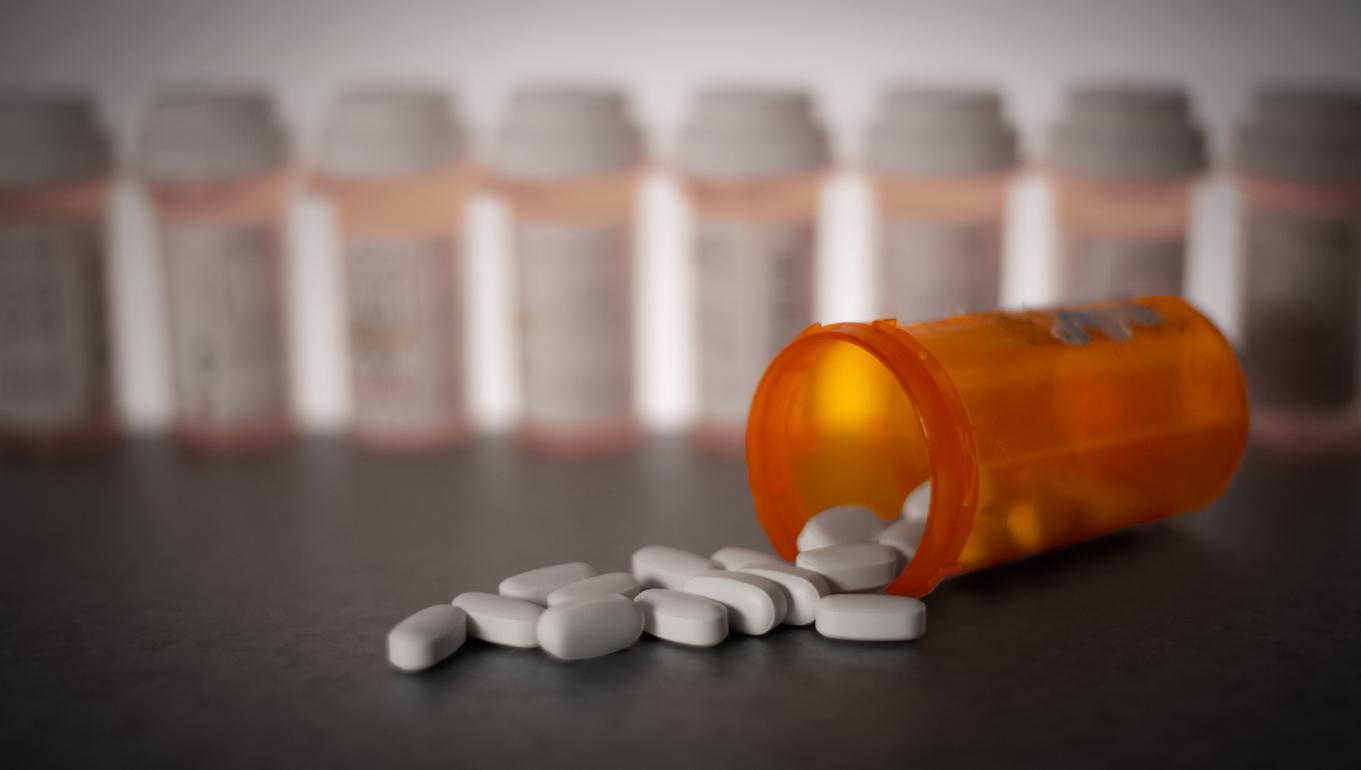According to a new study, the hormone oxytocin could play a role in hypersexuality, a disorder that affects 3 to 6% of the world’s population.

Hypersexuality means a compulsive sexual behavior disorder. According to the WHO, it is an impulse control disorder that can be characterized by obsessive thoughts about sex, compulsion to have sex, and loss of control or sexual habits that can lead to problems or risks. This disease would affect between 3 to 6% of the sexually active world population (80% of men). And if we talked a lot about this disease in the French media after the DSK scandal in New York in May 2011, it remains extremely difficult to diagnose. Indeed, this disorder often occurs at the same time as other mental health problems such as bipolarity.
Also, it could be a manifestation of an already present mental disorder. However, a new Swedish study now tells us more about its biological mechanisms. According to an article published Sunday, September 22 in the magazine Epigenetics, the hormone oxytocin may have a role in the disease. Ultimately, this discovery could potentially make it possible to treat hypersexuality more effectively.
To reach these conclusions, the scientists measured the DNA methylation profiles in the blood of 60 patients with hypersexual disorders. By detecting changes in DNA methylation, they studied gene expression levels of the associated microRNA. These are enzymes capable of crossing the blood-brain barrier and modulating or degrading the expression of several different genes in the brain and other tissues.
“We set out to investigate the mechanisms of epigenetic regulation of hypersexual disorders to determine whether they exhibit features that distinguish them from other health conditions,” says lead author Adrian Boström from the Department of Neurosciences at the University of ‘Uppsala.
“Examining the benefits of medication and psychotherapy to reduce oxytocin activity”
The researchers therefore compared their results to samples from 107 subjects, including 24 alcoholics, in order to study a possible association with addictive behavior. They identified two regions of DNA that had been altered in patients with hypersexuality disorders. They thus discovered that, in the latter, the normal function of DNA methylation was disturbed while an associated microRNA, involved in the extinction of genes, was under-expressed. According to the researchers, the identified microRNA, microRNA-4456, targets genes normally expressed at particularly high levels in the brain and involved in the regulation of the hormone oxytocin. In alcoholics, the same region of DNA was significantly undermethylated. Thus, this hormone could be mainly associated with the addictive components of hypersexual disorder such as sexual addiction, unregulated sexual desire, compulsivity and impulsivity.
This study is not the first to establish a link between oxytocin and sexuality. Previous research has already shown that this hormone is associated with the regulation of social and couple bonds, sexual reproduction and aggression in both men and women. However, “to our knowledge, our study is the first to implicate dysregulated epigenetic mechanisms of DNA methylation and microRNA activity and the involvement of oxytocin in the brain in patients seeking treatment for hypersexuality”, explains Adrian Boström.
“Further research will be needed to investigate the role of microRNA-4456 and oxytocin in hypersexual disorder, but our results suggest that it may be useful to examine the benefits of medications and psychotherapy to reduce the activity of oxytocin”, adds Professor Jussi Jokinen of Umeå University, who also participated in the study.
The implementation of behavioral psychotherapy
This, however, has some limitations. Indeed, the average difference in DNA methylation between patients with hypersexual disorders and healthy volunteers was only about 2.6%. Thus, the impact of physiological changes could be questioned. However, more and more studies suggest that slight changes in methylation could have important consequences for complex illnesses such as depression or schizophrenia.
If you think you suffer from hypersexuality, go to a psychologist. It will be a question of looking for what is behind this affliction, where the lack comes from and how to fill it durably. If it is a real addiction, whether coital or masturbatory, the specialist will probably guide you to an addiction service where sexual addiction is known and treated (although often defined as “emotional and sexual addiction”).
According to Dr Sylvain Mimoun gynecologist, member of the scientific committee of health magazine“we must take into account the psychopathological disorder more than the purely sexual disorder. The objective is to calm the individual, man or woman with, for example, anxiolytics, in order to relieve his mental suffering. Giving antihormones to prevent excitement is useless because it is a problem of emotional tension that is too strong”. “The best attitude consists in setting up a behavioral psychotherapywith a few sessions ofEriksonian hypnosisin order to give the person simple self-hypnosis induction techniques”, he explains.

.















